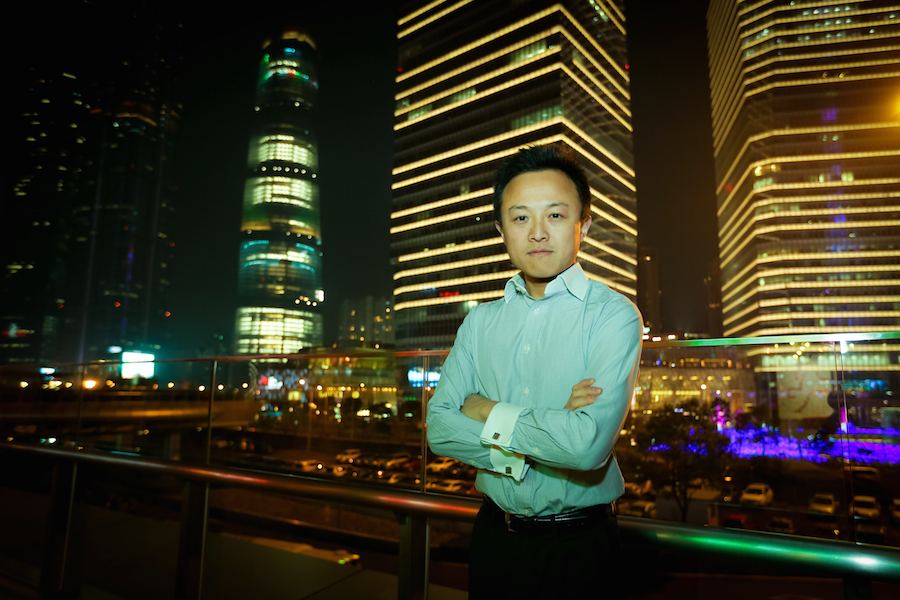It is estimated that by 2015, the e-commerce market in China will be worth $540 billion. Market Engine, a new Melbourne based startup will allow western countries like Australia to take advantage of this opportunity.
Founded by Roy Hui and Nathan Ruff, Market Engine is a cloud-based platform that allows companies to have a fully translated online shopfront for countries such as China, without the need for any bricks-and-mortar presence.
Market Engine plugs into the world’s largest e-commerce sites including Alibaba’s TMALL and JD and provides real-time reporting, currency conversions and secure transactions, as well as an on-the-ground marketing and customer support team based in China.
Hui who is also CEO of the company, said that Market Engine removes the usual barriers to entry for retailers wanting to get into the Chinese or other Asian markets.
“Our technology speaks the local language. It bridges the cultural divide, cuts the cost and dramatically increases the customer base for Aussie retailers,” he said.
The best way to think about what Market Engine is doing is by thinking about it principally as a SaaS company that has a small element of outsourcing to it – the outsourcing part mainly comes in the form of customer support staff on the ground in China, that enables companies to communicate effectively with their new Chinese customer base.
With offices in Australia, Europe and China, the company offers a door-to-door technology, logistics, marketing and customer support solution for its customers, taking away all the hassles that a business goes through when setting up everything locally.
If we look at the current perception of a place like China, Australian entrepreneurs in the ecommerce space see the country more as a destination to source and import products to sell online locally. This view is certainly validated by the launch of other platforms recently like Australian-based QualityTrade.com that acts as a local alternative to Alibaba, and has already amassed over 12,000 members since it launched.
In the same spirit as Market Engine, QualityTrade also has local employees on the ground in China, focused on the quality of products being purchased.
The real question that will determine the success of a startup like Market Engine is ‘does China actually want to buy what Australians are selling?
According to Hui, the answer to that is yes. “There’s never been a better time to explore the growth potential. Retail sales in Australia have stagnated, whilst in China they’re rising exponentially” he said.
“There is also a huge appetite for Australian products in China, they’re seen as safer, better quality and more luxurious”.
Some of the larger examples of companies cited by Hui that have successfully taken their western brands and been hugely successful in China, include McDonalds, Burberry and Renault. According to Hui, what Market Engine is offering is a scalable version of the process businesses go through in localising their brands for online retailers.
Given Australia’s recently signed Free Trade Agreement with China, that sees around 85% of products that we export benefit from decreased tariffs. The time for exploring the validity of Australian created and owned retail products, inventions and experiences in the Chinese market is certainly upon us.
And for the savvy local product creator, whether it be a household item, a food and beverage product, a new wine concept, a locally produced fashion item or something completely new and cutting edge, using a platform like Market Engine to tap into an extra half a billion customers could see Australian e-tailers making a hell of a lot of money.




















Trending
Daily startup news and insights, delivered to your inbox.